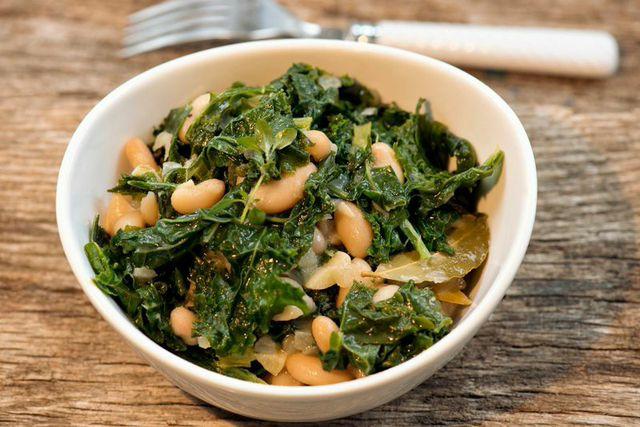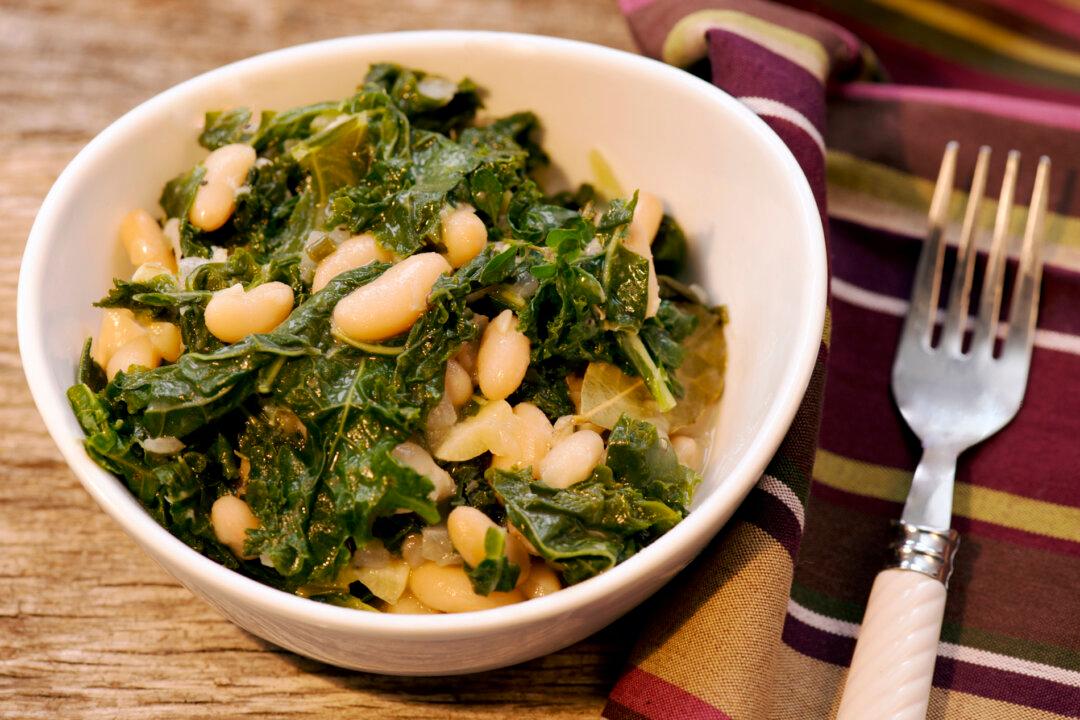The most promoted superfoods usually have a fabulous nutritional profile, and an exotic pedigree. However, there are everyday superfoods that also deserve your culinary attention. They’re not only healthy, but cheap too.
Beans
Consider the humble bean. For thousands of years, beans and other legumes have sustained many civilizations. Today, they are more likely to be the subject of a flatulent punchline than a meal.
What happened? Why does the modern American menu—except for an occasional side of the Boston baked variety— neglect beans?
It’s not for a lack of nutrients. Beans provide a hearty dose of low fat protein, slow burning carbohydrates, and are excellent sources of fiber, magnesium, and potassium. These nutrients have shown to lower cholesterol and blood pressure, and encourage weight loss.
True, beans have earned a reputation for gas. Complex sugars found in beans require special enzymes for digestion which your body may lack if you rarely consume legumes. But take heart, these enzymes are replenished with regular bean consumption. In general, the more often you eat beans the better your system can tolerate them.
If you rarely touch beans, start slow with either pinto or adzuki beans, which are some of the gentlest to digest. Some beans can be sprouted or fermented to be even easier on the gut.
Another aspect contributing to the gas factor is poor preparation. If dry beans aren’t properly soaked before cooking or are undercooked they can be much harder to assimilate. Cultures that feast heavily on beans also address gaseous tendencies with the addition of digestive herbs, such as bay leaf, cumin, epazote, ginger, and thyme.
Dry Vs. Canned
Another stumbling block with beans is that they require at least a day of forethought. Dry beans are most digestible if soaked overnight and cooked for two hours, or more, although time can be cut substantially with a pressure cooker.
Canned beans are a convenient alternative to dry. Unlike vegetables, beans lose few nutrients in the canning process, and unlike dry beans they always come out perfect. If you choose the canned route, consider a company that does not use the synthetic estrogen Bisphenol A (BPA) in their packaging.
If you decide on dry beans, figure about half the weight of canned for a recipe replacement. Also consider the addition of a kombu seaweed strip in the cooking water. It gives no discernable flavor but it will help soften beans faster and add valuable nutrients.
Greens
Greens are also humble, but due to the current kale craze they tend to get much more respect.
Several varieties of greens hail from the cruciferous family of vegetables, which are known for their liver detoxification and anti-cancer properties. These include kale, collards, mustard greens, and bok choy. They are good sources of vitamins A, C, K, antioxidants, and are also mineral rich, featuring healthy doses of iron, potassium, selenium, and zinc.
Unlike salad greens, cruciferous greens work much better as a cooked vegetable. Tough and bitter when raw, cruciferous greens are best served hot and tender with lemon, olive oil, and sautéed garlic.
Other familiar greens come from the chenopod family, such as spinach and Swiss chard. In addition to vitamins and iron, they contain antioxidants beneficial to eye health. These are more delicate than the cruciferous greens, and don’t need to be cooked as long.
Most greens play well with other foods. Toss a handful of spinach into your soup and you’ve added an extra vegetable to your daily intake without a lot of bulk.
If you’re looking for an adventure, try a wild green, such as goosefoot (also a member of the chenopod family) or stinging nettles which is packed with protein and iron. Wild greens have other valuable nutrients not found in their cultivated cousins. Harvest young, before they go to seed.
Italian White Beans with Kale







